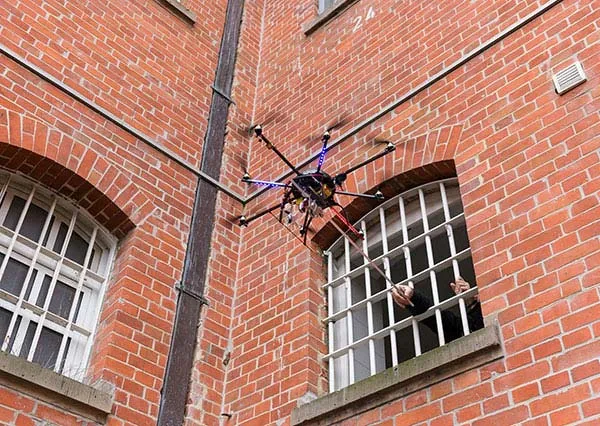Washington - The United States military will deploy a new version of a ground-based communications signal jammers designed to jam adversaries' satellite transmissions.
The anti-communication system was first introduced in 2004. The Space and Missiles Department confirmed that an updated version called CCS Block 10.2 has completed testing and will be ready for initial operations sometime in 2020. The System center said in a statement to SpaceNews on Feb. 3.
CCS is operated by the 4th Space Control Squadron, 21st Space Wing, U.S. Space Force, at Peterson Air Force Base, Colorado.
Ground operators use the system to temporarily deny adversaries access to satellite transmissions. Over the years, the Air Force has enhanced CCS with new frequency bands and other technological updates. The 10.2 upgrade features more advanced software that has been in development for five years. L3Harris was awarded the CCS Block 10.2 contract in 2014.

"CCS is the only offensive system in the U.S. Space Force's Arsenal," Lt. Col. Steve Brogan, chief of materials for the Combat Systems Branch of the Space and Missile Systems Center, said in a Jan. 31 statement from Peterson Air Force Base.
The Air Force first deployed three anti-communications system Block 10.0 units in 2004 in response to electronic warfare systems being deployed by other nations to jam U.S. satellites. The effect is reversible. Jammers are used as non-destructive electronic weapons to prevent adversaries from communicating.
The Block 10.1 system, also developed by L3Harris, was launched in 2014. Block 10.1 consists of seven systems. CCS Block 10.2 "is expected to have initial operational capability in the near future," SMC said. Block 10.2 will consist of 16 systems.
The SMC said in its statement that "important features have been enabled for each increment." Block 10.2 will be updated as needed to adapt to adversaries' changing use of satellite communications.
Under the terms of the last CCS Block 10.2 contract, awarded in 2014, L3Harris will deliver systems to Air National Guard units in California, Colorado, Florida and Hawaii, as well as the 4th Space Control Squadron, in 2020.
For future CCS upgrades, SMC and the 21st Space Wing will transition to a new "agile approach to software development and delivery," SMC said.